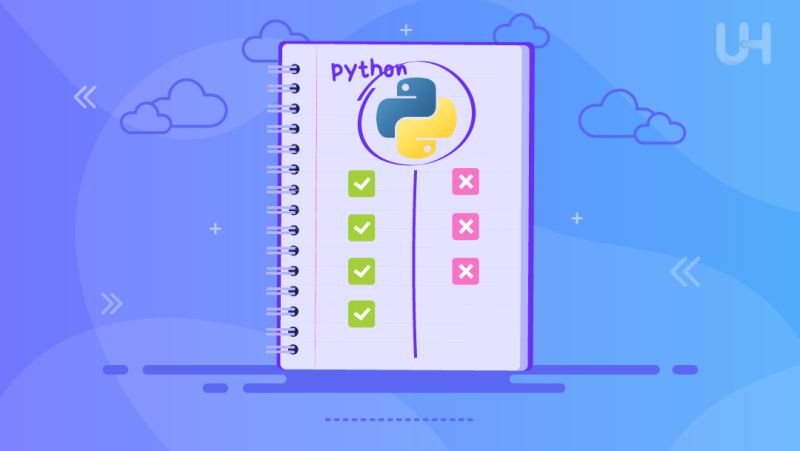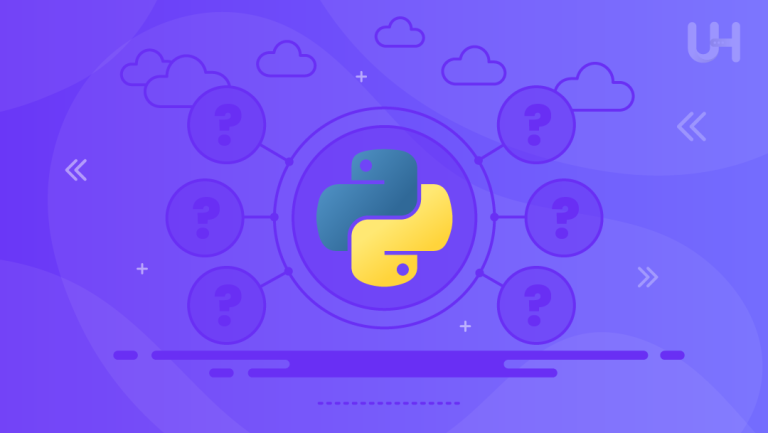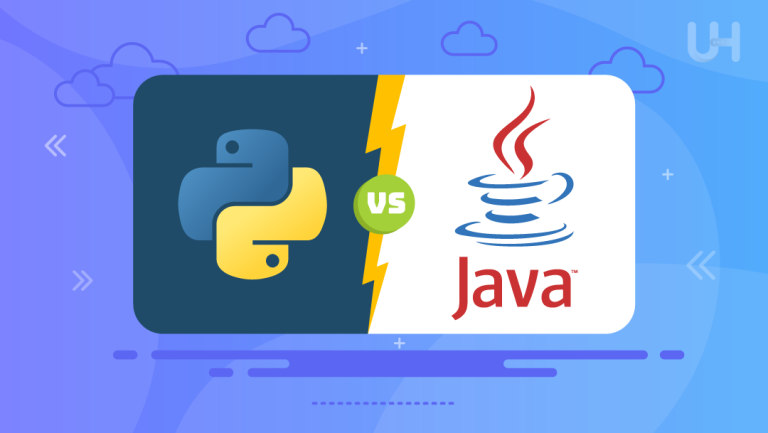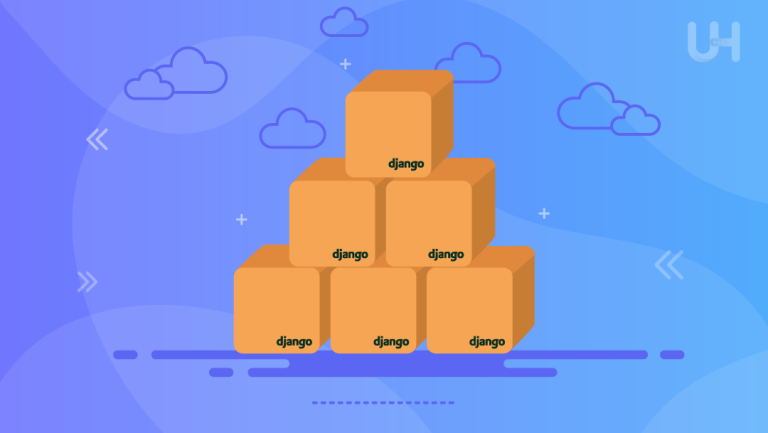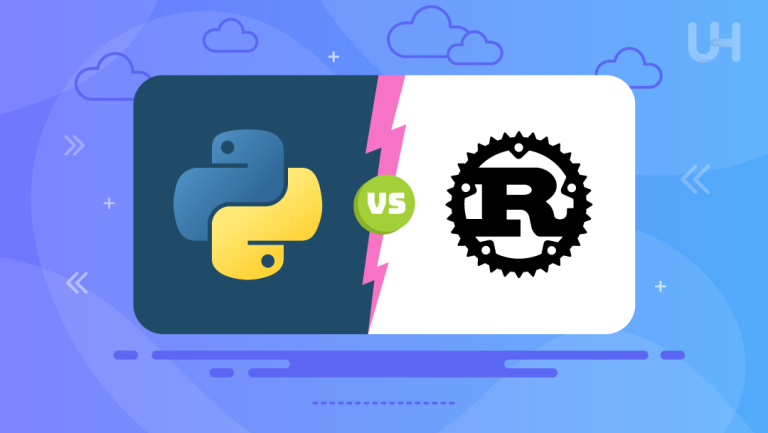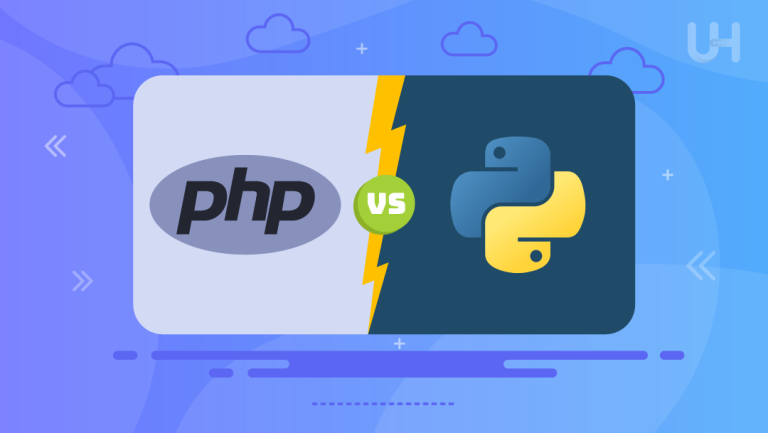Presently, Python is one of the most popular and multidisciplinary programming languages. Its simplicity has made it a darling for both beginner and experienced developers amidst many applications the language has been able to do. However, like every other tool, Python has its share of good and evil features. Understanding the advantages and disadvantages of Python is crucial for making wise decisions on its use within different projects.
In this article, we will outline the pros and cons of Python that make it a very good fit for a wide range of applications. At the same time, we will outline the areas that are considered weaknesses that any developer should consider. We’ll see many applications of Python, which we will compare against other programming languages regarding performance and functionality.
What is Python?
Python is a high-level-interpreted language developed by Guido van Rossum, first released in 1991. Python inherently bears in mind simplicity for readability by beginners. That’s why it’s an excellent language for starters, too. Python emphasizes the readability of code so that developers can express ideas in fewer lines of code compared to other languages, like C++ or Java.
This can be attributed to its broad usage, which has grown in leaps and bounds from web development and data analysis applications to AI and ML. Python’s extensive library, framework, and toolchain support a wide span of development needs, ranging from almost any conceivable programming task. The breadth of use cuts across many industries: finance, health, education, and entertainment.
Why Use Python?
Python does not become popular for no reason. It offers a number of useful features and advantages to developers of different levels. Some of the main reasons developers like Python are stated below:
Code Is Easy to Read and Maintain
Python’s syntax is neat and readable, making writing and maintaining code straightforward. The language’s design philosophy emphasizes using white space to make the code more readable. This reduces the number of possible errors a developer could commit and makes it easier for people who might not have written the code to understand it right on sight.
High Compatibility
Python supports a wide range of platforms, from Windows and macOS to Linux and UNIX. This cross-platform support makes it ideal for teams spread out across different environments, as developers can write code that will usually run with little modification across systems. For those using macOS, leveraging a MacOS VPS can provide the added flexibility and dedicated resources needed for seamless Python development.
Powerful Standard Library
Python’s main advantage is its standard library. The enormous quantity of modules and packages in the standard library allows developers to do many tasks, from file handling and networking to database maintenance and manipulation, without having to use any third-party libraries. It’s all about saving time and effort during the development process.
Numerous Programming Models
Python is not bound to a specific programming paradigm. It is quite comfortable with object-oriented, procedural, and functional programming methods. This flexibility allows the developer to select the best approach for his project and gives it the adaptability needed in a number of other types of applications.
Simplify Complex Software Development
Python is sweet and simple, so it is very helpful in dealing with complex projects in software development. It comes with various varieties of high-level built-in data structures, dynamic typing, and dynamic binding, making it appropriate for big applications.
Multiple Open-source Frameworks and Tools
Python also outshines other languages due to an amazing, growing ecosystem of open-source frameworks and tools like Django, Flask, Pandas, NumPy, and TensorFlow. Those frameworks speed up development because they provide ready solutions for many problems in web development, data analysis, AI, and so on.
Test Driven Development
Python supports test-driven development, a doctrine in which tests are written before the actual code. Testing frameworks like unit test and pytest make writing and executing tests easy, ensuring that your code is always better tested and safer.
Pros and Cons of Python
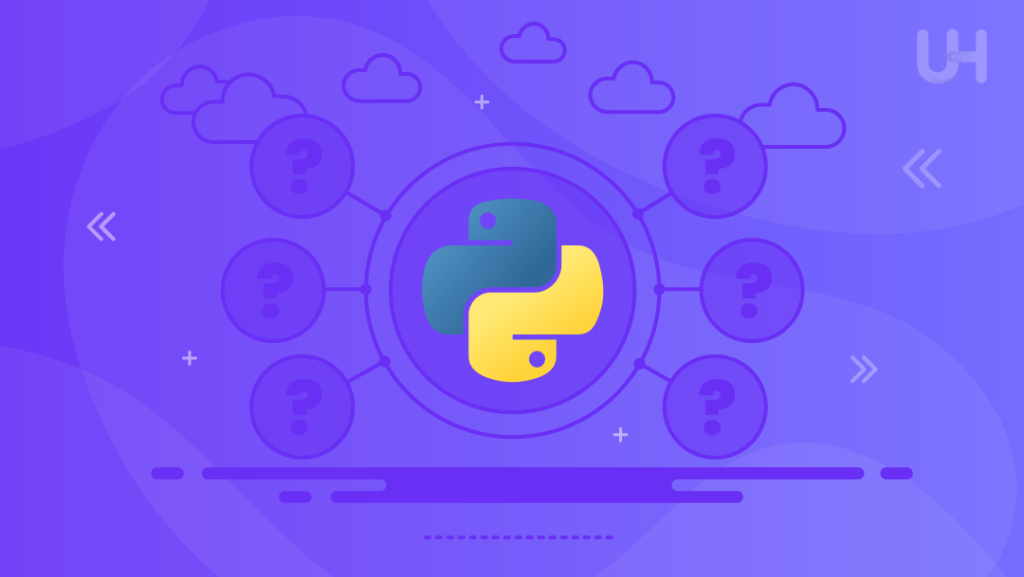
While Python offers a number of great advantages, there is a need to understand its limitations, too. Here are several major advantages and disadvantages of Python usage:
Advantages of Python
- Easy to Learn and Use: Python syntax is simple, and the learning curve is straightforward. That makes it decent for beginners: a developer may quickly be productive while learning Python.
- Versatile and Extensible: The extensive use of Python, from web development tools to AI, proves its versatility. The language can also be embedded in other languages like C++ and Java.
- Strong Community Support: Another advantage of Python is its large active community. Extensive documentation, tutorials, and libraries related to the language will be readily available for developers whenever needed.
- Cross-platform Compatibility: Python doesn’t require modification to run on different operating systems, making it fairly convenient for developers to operate in multi-platform environments.
- Extensive Libraries and Frameworks: Python entails abundant libraries and frameworks preventing developers from implementing something from scratch for a simple task.
Take Your Python Projects to the Next Level!
Ready to use Python’s versatility and power for your next project? Whether you’re building web applications, conducting data analysis, or developing desktop apps, we offer optimized Python Hosting solutions to ensure your projects run smoothly.
Disadvantages of Python
- Slower Execution Speed: Python, being an interpreted language, is slower as compared to languages like C++ or Java, which are complied. This feature might be a disadvantage for those applications that demand critical performance.
- Memory Consumption: Python is very memory-intensive, with large applications using considerable amounts of memory. This may become a bottleneck at lower memory quantities.
- Weak in Mobile Computing: Although Python is a very strong language for server-side development, it is not used for mobile development. Swift or Kotlin are employed for developing mobile applications.
- Runtime Errors: Python is dynamically typed, which can lead to runtime errors unless some errors have been caught in development.
Comparison Table of Advantages and Disadvantages of Python
Here’s a side-by-side comparison of the key advantages and disadvantages of Python discussed above:
| Advantages | Disadvantages |
| Easy to read and maintain | Slower execution speed |
| High compatibility across platforms | High memory consumption |
| Powerful standard library | Weak in mobile computing |
| Supports multiple programming models | Prone to runtime errors |
| Simplifies complex software development | |
| Extensive open-source frameworks and tools | |
| Strong community support |
Applications of Python
Python’s versatility extends to a number of applications. Here are some of the most common areas where Python shines:
Web Development
Python with frameworks like Django and Flask can be used extensively in web development. These help develop web applications that are scalable, secure, and maintainable. Moreover, Python has clean syntax and is rich in libraries; therefore, its development cycle is much quicker.
Data Analysis and Data Science
Python has become the language of preference regarding data analysis and, in general, everything related to data science. Libraries such as Pandas, NumPy, and Matplotlib present some effective data manipulation, analysis, and product visualization options. Regarding machine learning aspects, it is hard to imagine without using Python, too; its popular frameworks are TensorFlow and Scikit-learn.
Scientific and Numeric Computing
Python also has extensive capabilities in scientific and numeric computing, hence preferred among researchers and scientists. Its vast libraries, such as SciPy and SymPy, support complex mathematical operations, simulations, and computations.
Desktop GUI Applications
Python provides libraries for desktop GUI application development, such as Tkinter and PyQt, which allow you to develop user-friendly and good-looking GUIs.
Network Programming
Python supports network programming through modules like socket, which allow developers to create applications capable of communicating with network protocols. It is used to develop client—and server-side applications that handle network activities.
Game Development
Python also extends its use into game development, with libraries like Pygame assisting developers in creating 2D games. Of course, it is not as widely used as other languages, like C++, in this respect, but it can still provide developers with enough tools to work on more simple game projects. For those looking to deploy multiplayer games, pairing Python with reliable game server hosting can ensure smooth and scalable gameplay experiences.
Education and Scripting
Python is also taught in most educational institutions because of its simplicity and readability. It is also used to script small automation tasks; hence, it’s a good language for beginners learning programming concepts.
Conclusion
Python is such a multifunctional, easy-to-learn, and powerful language that it is used in almost all areas of programming. Though it suffers from some disadvantages, like slower execution speed and high memory consumption, its long list of advantages comprises simplicity, vast libraries, and community support, making developers worldwide love It. A full understanding of both the advantages and disadvantages of Python will let developers make more conscious decisions while choosing tools for their current projects.
For developers looking to maximize Python’s performance and flexibility, a Windows VPS from UltaHost provides the ideal environment with dedicated resources and full control. Elevate your Python development with fast, secure, and scalable hosting.
FAQ
Can Python be used for mobile apps?
While Python is not commonly used for mobile development, frameworks like Kivy and BeeWare allow developers to build mobile applications using Python.
Is Python suitable for game development?
Yes, especially for 2D games with libraries like Pygame, though C++ is preferred for complex 3D games.
How does Python handle databases?
Python easily integrates with databases using libraries like SQLite, MySQL, and PostgreSQL.
Is Python good for automation?
Yes, Python excels at automating tasks due to its simple syntax and extensive libraries.
Can Python be used for real-time apps?
Yes, with frameworks like Twisted and asyncio, though it’s not optimized for high-speed real-time tasks.
What’s Python’s role in AI/ML?
Python is a top choice for AI/ML, with powerful libraries like TensorFlow and Scikit-learn.
Can Python scale for large projects?
Yes, especially with frameworks like Django, though large-scale systems may need performance optimizations.





